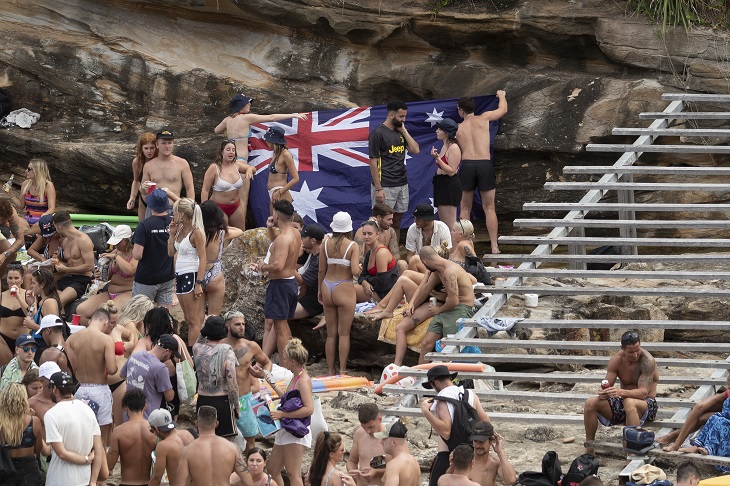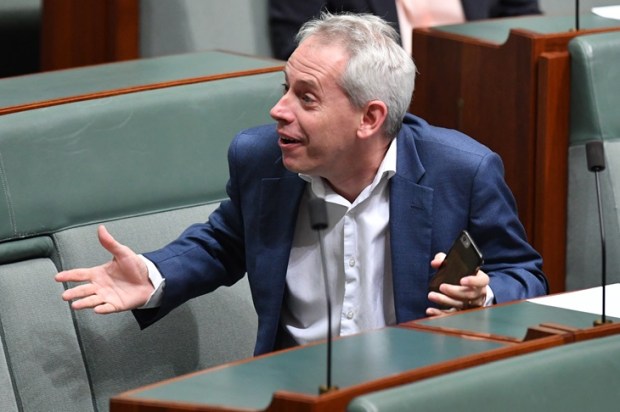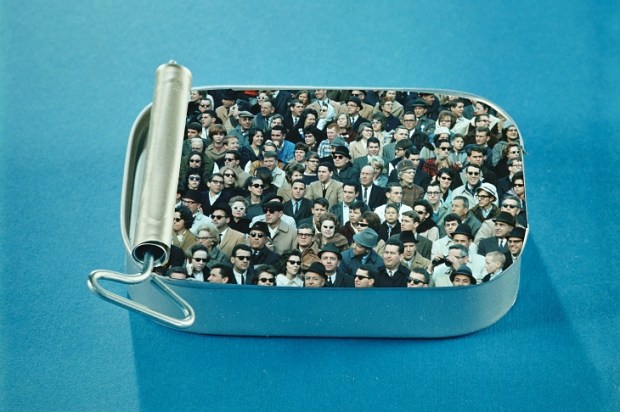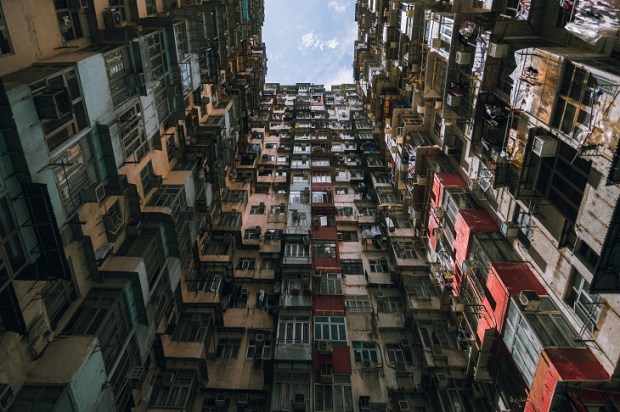Once upon a time, things were good and you didn’t have to talk about immigration. Those golden days are over.
NSW Labor, now 12 months into its government, must be biting their nails. Surely the idea of calling their federal counterparts and asking lower immigration has passed through the minds of Mookhey, Minns, or Jackson just once… Especially when contemplating the slow-moving car crash that is the Sydney housing crisis.
Even federal Labor have seen the writing on the wall and realised that immigration is extremely unpopular with most Australians.
Already a subscriber? Log in
Subscribe for just $2 a week
Try a month of The Spectator Australia absolutely free and without commitment. Not only that but – if you choose to continue – you’ll pay just $2 a week for your first year.
- Unlimited access to spectator.com.au and app
- The weekly edition on the Spectator Australia app
- Spectator podcasts and newsletters
- Full access to spectator.co.uk

























Comments
Don't miss out
Join the conversation with other Spectator Australia readers. Subscribe to leave a comment.
SUBSCRIBEAlready a subscriber? Log in